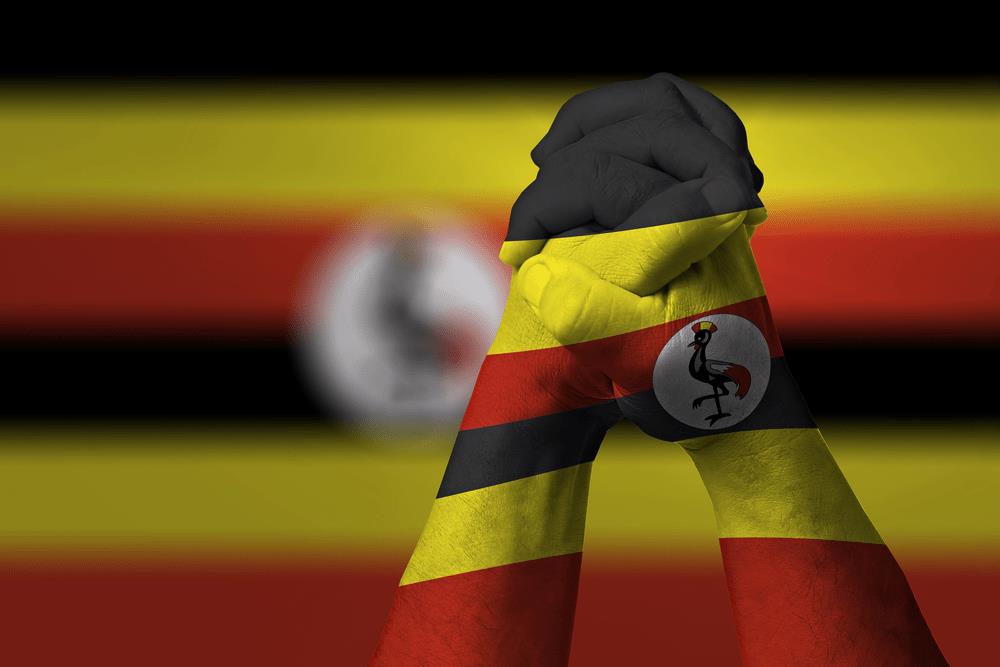
Uganda Celebrates 62 Years Of Independence
Thousands of Ugandans gathered at Kololo Independence Grounds at midnight on Oct. 9, 1962, to witness the lowering of the British Union Jack and the raising of the Ugandan flag – black, yellow, and red. The Duke of Kent, representing Queen Elizabeth II, handed over the Instruments of Power to Dr. Milton Obote.
The journey to independence was a long one. Between 1940 and 1954, political awareness for self-rule began to emerge. The Colonial Office was pressured by Ugandans to allow three prominent leaders – Michael Earnest Kawalya Kaggwa, Petero Nyangabyaki and Yekonia Zirabamuzaale – to join the Legislative Council in 1945. During the same period, a local movement called the Batakabbu, led by the late Ignatius Musaazi, sought to fight against the suppression of the rights of the indigenous communities. The Batakabbu agitated for access to loans from the first Savings and Credit Bank, which at the time was reserved for European and Asian Traders.
These efforts paved the way for the formation of the Uganda National Congress (UNC) in 1952, followed by the Democratic Party in 1954. The UNC was led by the late Ignatius Kangave Musaazi and the late Abukar Mayanja as Secretary General.
In 1955, after the return of the Kabaka of Buganda from exile, the 1955 Namirembe Agreement was signed. The agreement stated that Uganda would become independent after six years.
The Legislative Council (LEGCO) was expanded to 60 members in 1958, setting the stage for self-governance in March 1961 under the leadership of the late Ben Kiwanuka. The interim government led to the elections of April 1962.
Despite the peaceful transition to independence, Uganda's post-independence political history was marked by coups, dictatorships, contested elections, and civil wars. Between 1962 and 1986, there were eight changes of government, five of which were violent and unconstitutional.
Uganda's colonial past left a legacy of ethnic division, uneven development, a narrow economic base, and a weak state apparatus. Instead of reversing this legacy, immediate postcolonial leaders exacerbated these problems through ethnic division, a rigid approach to issues of national importance, and disastrous economic policies. These included the move to the left in 1969, the 1970 Nakivubo pronouncement for nationalisation of companies, and the unplanned expulsion of Asians in 1972.
These actions further weakened an already fragile state, leading to recurring violence, economic decline, and instability.
The single most significant division in Ugandan politics was between some Baganda monarchists and other ethnic groups, particularly between some Baganda elite monarchists and aspiring elites from other regions. No post-independence regime was able to secure peace and stability without accommodating the interests of the Buganda monarchy.
Republican coalitions under Milton Obote's first and second terms sought to consolidate power at the state level. However, the authoritarian regime of Idi Amin violated human rights and democracy.
By the time the National Resistance Movement (NRM) came to power in 1986, Uganda was a failed state. The NRM, under the leadership of President Yoweri Museveni, implemented a Ten Point Programme to address the country's challenges.
The NRM's policies addressed issues of insecurity, extra-judicial killings, and shortages of essential commodities. The economy has grown tenfold since 1986, and GDP per capita has quadrupled. Ugandans live longer, healthier lives, and are better educated.
Uganda has also played a significant role in promoting regional peace and security. The Uganda People's Defence Forces (UPDF ) has been instrumental in bringing peace to the Democratic Republic of Congo, South Sudan, Somalia, Sierra Leone, Liberia, and the Central African Republic.
Uganda has also been commended for its refugee hosting policy. Today, it is home to about 1.5 million refugees.
President Museveni has been recognised internationally as a champion of African unity and integration. His efforts in this area have earned him the title of“the African Bismarck.”
Egypt-Uganda Relations
Egypt and Uganda have expressed their shared interest in cooperating on several fronts, including regional issues such as South Sudan, the Horn of Africa, and the Nile waters. Egypt has highlighted the importance of strengthening its relations with African countries, particularly those in the Nile Basin.
Egypt and Uganda have also expressed their commitment to developing bilateral relations. Political relations are strong, with the two countries sharing common views on many international issues.
The two countries have also agreed to cooperate on regional issues, including combating terrorism and resolving regional crises. In June 2014, with the ascension of President Abdel Fattah Al-Sisi, Egyptian-Ugandan relations witnessed a positive development.
President Museveni visited Egypt in 2018 for talks with President Al-Sisi, showcasing the deepening strategic partnership between the two countries.
A recent visit by General Muhoozi Kainerugaba , the Chief of Uganda's People's Defence Forces, to Cairo included a meeting with President Al-Sisi.
The two leaders discussed regional and continental situations and ways to enhance joint cooperation and development efforts among African countries.
The relationship between the two countries is a model for Egypt's relations with African and Nile Basin countries, marked by expanding areas of cooperation and mutual visits between leaders.
Uganda has commended Egypt's role in training Ugandan military personnel in the field of counterterrorism. Uganda also benefits from training opportunities in prestigious Egyptian military colleges.
Bilateral cooperation extends to trade and agriculture. In 2021, Uganda announced a military intelligence-sharing agreement with Egypt.

Legal Disclaimer:
MENAFN provides the
information “as is” without warranty of any kind. We do not accept
any responsibility or liability for the accuracy, content, images,
videos, licenses, completeness, legality, or reliability of the information
contained in this article. If you have any complaints or copyright
issues related to this article, kindly contact the provider above.


















Comments
No comment